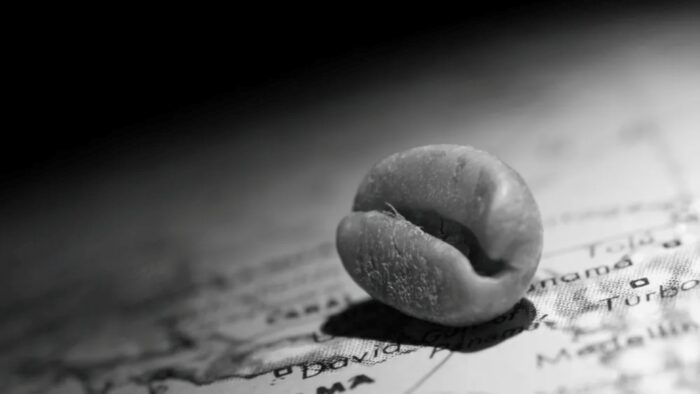Dubai – Qahwa World
Panama’s Specialty Coffee Association (SCAP) is taking formal steps to secure global branding and trademark rights for “Panama Geisha” following another historic year at the Best of Panama (BoP) auction. The move comes as gesha coffees continue to dominate both the quality rankings and international market prices.
At the August 2025 BoP auction, a washed Gesha coffee from Hacienda La Esmeralda in Boquete, Panama, set a new record at $30,204 per kilogram. The 20-kilogram lot, scoring 98.00 points from 22 international cupping judges, was purchased by Julith Coffee & Roastery in Dubai for a total of $604,080. Overall, the auctioned lots generated approximately $2.8 million, more than double the previous year’s total.
Out of 50 lots, 40 were gesha, reflecting the global demand for this premium variety. Although gesha originates from Ethiopia, the Panamanian cultivar has evolved into a distinct genetic line, renowned for its delicate floral aroma and complex cup profile.
Trademark Efforts
SCAP has accelerated its long-running effort to protect “Panama Geisha.” In September 2025, the association filed trademark applications for a figurative logo in the United States and United Kingdom, following earlier approvals in the European Union and Japan in 2022. Some Panamanian producers have already integrated the logo into packaging and trade show displays.
SCAP president Richardo Koyner states that the trademark will protect the authenticity and origin-linked value of Panamanian gesha, cultivated under unique conditions of volcanic soil, high altitude, diverse microclimates, and artisanal expertise.
Historical Auction Price Highlights
The rise in gesha’s market value is illustrated by previous auctions:
2017: top lot sold for $601/lb; total auction revenue $368,711.
2024: top lot sold for $4,542/lb; total revenue $1.38 million.
2025: top lot sold for $30,204/kg (20 kg, total $604,080) at the Best of Panama electronic auction.
The rapid growth in prices has also attracted counterfeit coffees, a challenge similar to Hawaii Kona or Jamaica Blue Mountain. Trademarking “Panama Geisha” is intended to counter misuse and preserve the integrity of the brand.
Trademark vs. Geographical Indication
SCAP is pursuing a stylized logo, not the term alone. Legal experts note that protecting a figurative mark is often more feasible than a geographic or descriptive term.
Other countries have used geographical indications (GI) for origin protection. For example, Colombia’s “Café de Colombia” and Mexico’s “Café Veracruz” and “Café Chiapas” are legally protected. Panamanian gesha qualifies for GI due to its unique qualities linked to local terroir and genetic distinctiveness, as confirmed by World Coffee Research.
However, SCAP chose the trademark approach because it is simpler, faster to enforce, and easier to license. Membership in SCAP, which currently exceeds 89 members, is required to use the trademark, even though Panama has over 8,200 coffee producers nationwide. Critics argue that broader protections like a GI could benefit all producers cultivating gesha.
Looking Ahead
While U.S. and U.K. trademark approvals are still pending, branding efforts are already enhancing the global prestige of Panama’s gesha. Combined with rising demand and auction performance, “Panama Geisha” is likely to remain one of the world’s most celebrated and high-value coffees for years to come.
The post Panama Seeks Global Trademark for “Panama Geisha” as Record Auction Prices Spark New Push for Protection appeared first on Qahwa World.




